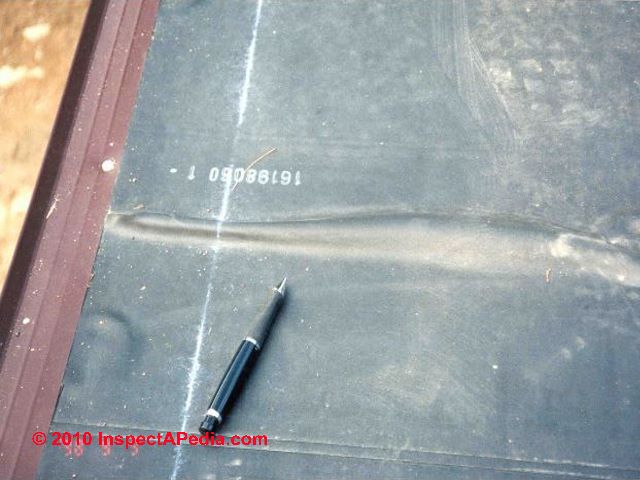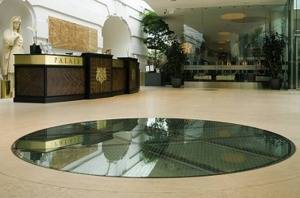After all one major concern about building a deck is the potential for fire especially if the area of installation will be near an outdoor grill or fire ring or in a town where the risk of wildfire is.
Fire resistant roofing walkable.
In many states especially in california having a class a fire rated non combustible decking is a must.
Dry climates are particularly at risk for fires but even areas with heavy rainfall can get the occasional damaging fire.
A standard fire test is used to determine the fire rating of a roof covering.
The more you know about fire resistant roofing materials the better your building will be.
Metal roofing is available in the form of copper zinc stainless steel steel and other alloys.
Wood shake plywood or particle board roof are the most common roofing types listed as class c.
Roofing systems must meet or exceed building codes and insurance requirements.
Therefore they do not need to be tested to the astm e 108 standard and given a fire resistant rating e g a class a class b or class c fire resistant rating.
Corrosion resistant produced with a high quality isophthalic halogenated polyester resin.
It s lightweight won t corrode and requires little maintenance.
Fire ratings may pertain to resistance to fire from above the roof system the familiar class a b or c ratings or fire exposure from the building interior the underside of the roof deck.
Metal roofing is non combustible and offers class a protection in combination with a fire resistant underlayment.
They re quite useful in damp coastal areas that are salty as most metals are not only fire resistant but also non corrosive as well as resistant to mildew and algae.
A truly walkable roof panel our product has high impact resistance and is capable of safely supporting normal foot traffic and the weight of maintenance workers.
Metal roofing can be made from copper zinc and steel as well as various alloys and comes in a variety of finishes colors and designs.
Class a roofing materials are the most fire resistant.
Classes b and c denote progressively less fire resistant qualities.
Shingles are categorized into classes that identify their fire resistance.
Obviously since wildfires and the fire season has become increasingly worse it is important to note the roofing materials that are the lowest rated.
1 flame penetration through the roof covering into the attic space 2 flame spread over the surface of the roof covering and 3 the propensity for the roof covering to become dislodged and generate embers.
Class c fire resistant roofing material.
Ul fire rated includes a flame spread classification of 25.
A fire is a destructive force that can often not be avoided but with the right roofing materials you can protect your building.









